Have you always wanted to bake mouthwatering delights for everyone but are afraid that a single mishap could derail your ambition? Food safety audits may appear daunting, but they are your secret success tool! An overview of the many security standards is given in this article, so you may select the one that is appropriate for your company. We consider your budget, your target audience, and your particular preferences. By the time it’s through, you’ll be an expert in food safety, prepared to finish your evaluation and work toward satisfied, healthy clients. Therefore, read this blog through to the finish before deciding to prepare a food safety audit.
Understanding Food Safety Standards
Consider food safety standards as a roadmap to keep your food safe and your customers satisfied. These are the guidelines that help food businesses avoid any mess like foodborne diseases and let them ensure top-notch food quality. There are many standards for food businesses to follow, similar to choosing the right GPS for your trip. These standards are both national and international, focused on specific areas. You can look into some private standards set by some retailers, just like a custom map for a particular destination. The key is to analyze the best fit for your business needs and ensure a smooth and safe journey to your food business.
Factors to Consider When Choosing a Standard
● Business Needs
Business needs are a significant factor before you choose any standard. this factor depends on the size and complexity of the business operations, which is really important to figure out. standards will differ for a small bakery and a more extensive food processing plant. moreover, look into the types of products you have and focus on the basic principles when choosing a standard.
● Target Market
Who are your customers, and who are you targeting? Are your customers asking for specific certifications? Some large retailers might have their standards that suppliers your customers are asking for specified to meet. Some standards are recognized globally, which can used for international trade.
● Regulatory Requirements
Remember the law! Verify the laws that are in effect in your area. Certain standards may satisfy certain legal criteria, making compliance easier. Standards can assist in ensuring that you comply with all applicable food safety regulations, even if they are not mandatory.
● Cost and Resources
Implementing and upholding a food safety standard may be expensive. Consider the certification costs, staff training requirements, and the need for additional resources. Another factor is the standard’s complexity. Greater resource investment may be necessary for more extensive standards. However, keep in mind that investing in food safety is an investment in the goodwill and confidence of your clientele.
Choosing the Right Path
Yeah! Choosing or finding the correct food safety standard for your business can be overwhelming sometimes. But hey there! You don’t have to stress out when you have RR Consulting Service to join hands with. Our team of experts in microbiology, environmental hygiene, and food safety training will help you choose the one according to your specific goals and needs before you prepare for food safety audits. So, what’s the wait? Contact RRCS today to determine the righteous roadmap for your food business success.

